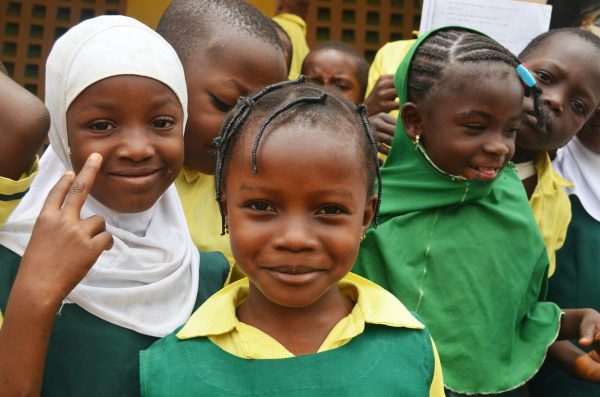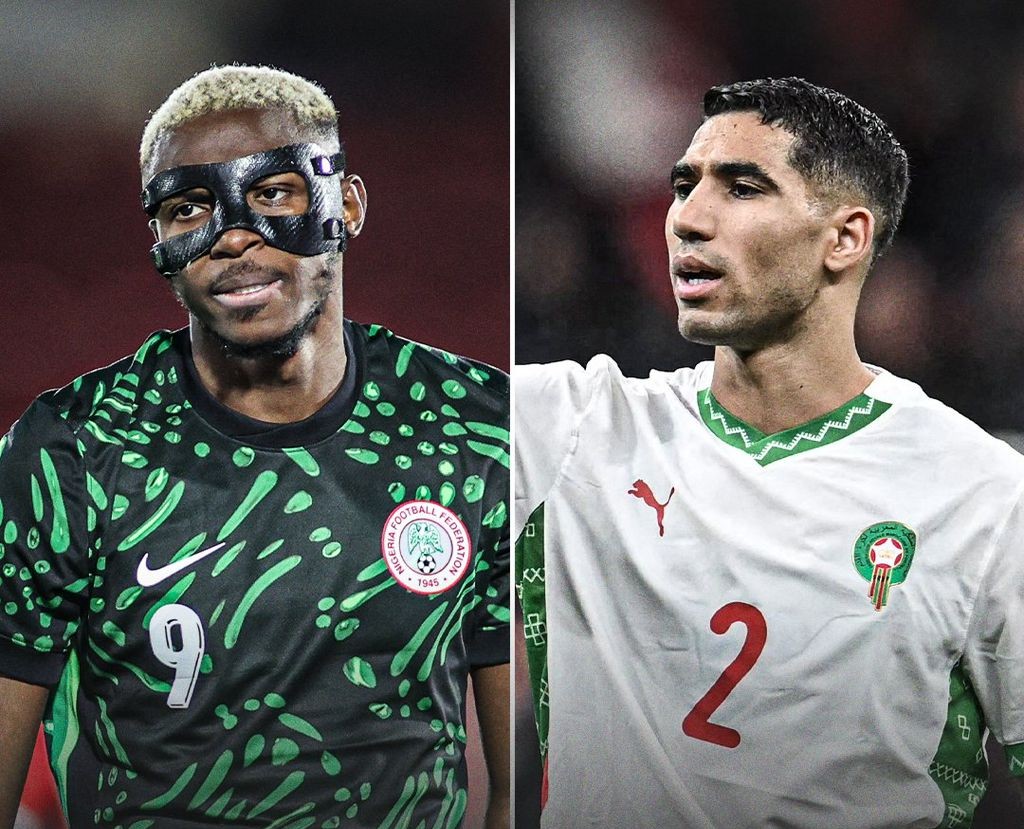THREATENED: Inside world of Nigerian girls where access to education is a struggle

BY ANIBE IDAJILI
Every girl deserves education. Any forward-thinking government should have no trouble achieving this. Yet, did you know that 60% of the 18.5 million children who are not enrolled in school in Nigeria are girls?
The situation is considerably worse in northern Nigeria, where 48% of girls are married off by the age of 15, which results in low enrolment rates for girls in rural schools.
Gender prejudices and the disparity in power between men and women still prevent girls in many Nigerian communities from exercising their right to an education.
The world is facing an education crisis for the girl child. While countries like Nigeria have made major strides in recent decades in terms of educational access and enrolment rates in basic education, dropout rates and low levels of learning continue to be issues.
In the north-east and north-west of Nigeria, where female primary net attendance rates are 47.7% and 47.3%, respectively, more than half of the girls are not in school.
An increasing corpus of research indicates that factors such as poverty, armed conflict, gender discrimination, poor education, and traditional cultural customs seriously deter young people from attending formal education, especially girls.
In rural areas, many families also do not value educating their daughters, hence they frequently choose to marry them off rather than allow them to complete their education.
For the many girls who are on the edge of losing their education, it is a blessing that every nation has committed and enthusiastic women who, in spite of all odds, enrich and improve lives. These are heroes who overcome obstacles and finish their education with zeal, ingenuity, and tenacity.
Mariam Usman, an alumnus of the Niger State College of Education in Minna, is one such hero. She recalls how her parents found themselves unable to make ends meet, much less pay for their kids’ school fees.
Mariam had the sobering realisation that her parents could no longer afford to pay for her education in the third year of secondary school. As a recent graduate, she empathises with young girls who are having a hard time getting an education and offers them moral support to help them get back on track. She is a young woman who is determined to guarantee that all girls can exercise their right to an education.

“Educating the girl child has never been an issue for my parents. But due to financial difficulties, my dad’s assistance ceased when I was enrolled in Junior Secondary School 3. My mother’s medical issue with her leg made matters worse because she was unable to walk around. To get by, we sold sugarcane. I began a Pre-NCE program for the 2009/2010 academic year after completing my secondary education in 2008. But I had to drop out because of financial difficulties. I didn’t return to school for another ten years. After doing numerous lowly jobs at petrol stations, furniture stores, poultry farms, and other businesses, I was finally able to pay for my tertiary education in 2019.”
Girls like Mariam did not have to struggle to get basic education because the Nigerian Constitution (1999) makes it explicit that every child, boy or girl, has the right to education. Moreover, the constitution mandates that all children under the age of 15 receive a free and compulsory education.
Interestingly, according to the Universal Basic Education Commission (UBEC), 72% of pupils (including girls) who complete basic education in Nigeria do not make it to secondary school. This lands Nigeria among the top 10 nations for out-of-school children of primary school age. In many aspects, schools are also not equipped to meet the needs of students: primary schools have a teacher shortfall of 280,000 teachers, 50% lack toilets, and only 10% have access to drinking water.
However, Dr. Hamid Bobboyi, Executive Secretary of UBEC, stated that the Federal Government was working tirelessly to address the difficulties of the transition of the girl-child from primary school to junior secondary school across the region at the northern regional consultative meeting, which was organized by UBEC in collaboration with UNICEF in 2022. He suggested that the issue had been researched and that the regional meeting will fine-tune approaches to solving the issue.
Furthermore, basic education gives a girl child knowledge of basic nutrition, health, and family planning, providing her choices and the capacity to control her own life and body, according to education activist Ken Onwuka.
“If girls are not provided the required education, society’s progress will be drastically imbalanced. Hence, regardless of the child’s gender, every child should have the opportunity to receive an education because doing so will promote equality in growth and contributions to society as well as long-term economic growth and innovation,” Onwuka explains.
Mariam, who is now married and wants to launch a small business, says that education has increased her sense of self and enhanced her capacity to spot good opportunities.
“I firmly believe that young girls and women should always look into educational possibilities. Girls should have the tools they need to succeed in a society that is becoming more difficult and unpredictable. After finishing secondary school, it took me ten years to enroll in a tertiary program, but if I can do it, I think every girl can at least attempt it,” she said.
A key component of the world’s thriving societies, as in the case of Mariam and others like her, is the education of girls. A girl’s education benefits the entire country. The girl child needs to receive an education in order to gain the knowledge and skills she needs to advance in society and improve herself.
This report was supported by YouthHub Africa in collaboration with Malala Fund and RiseUp.




